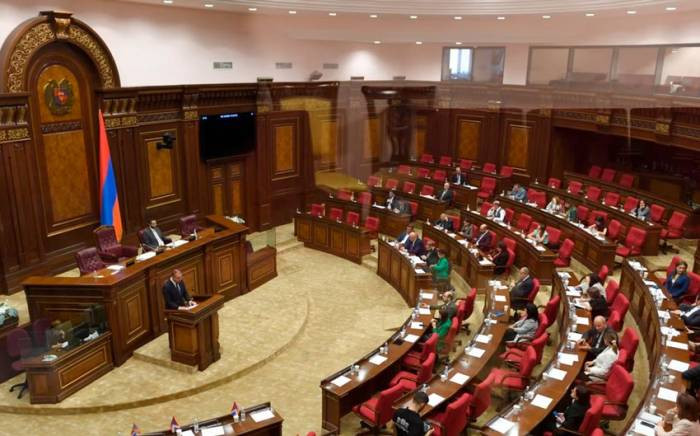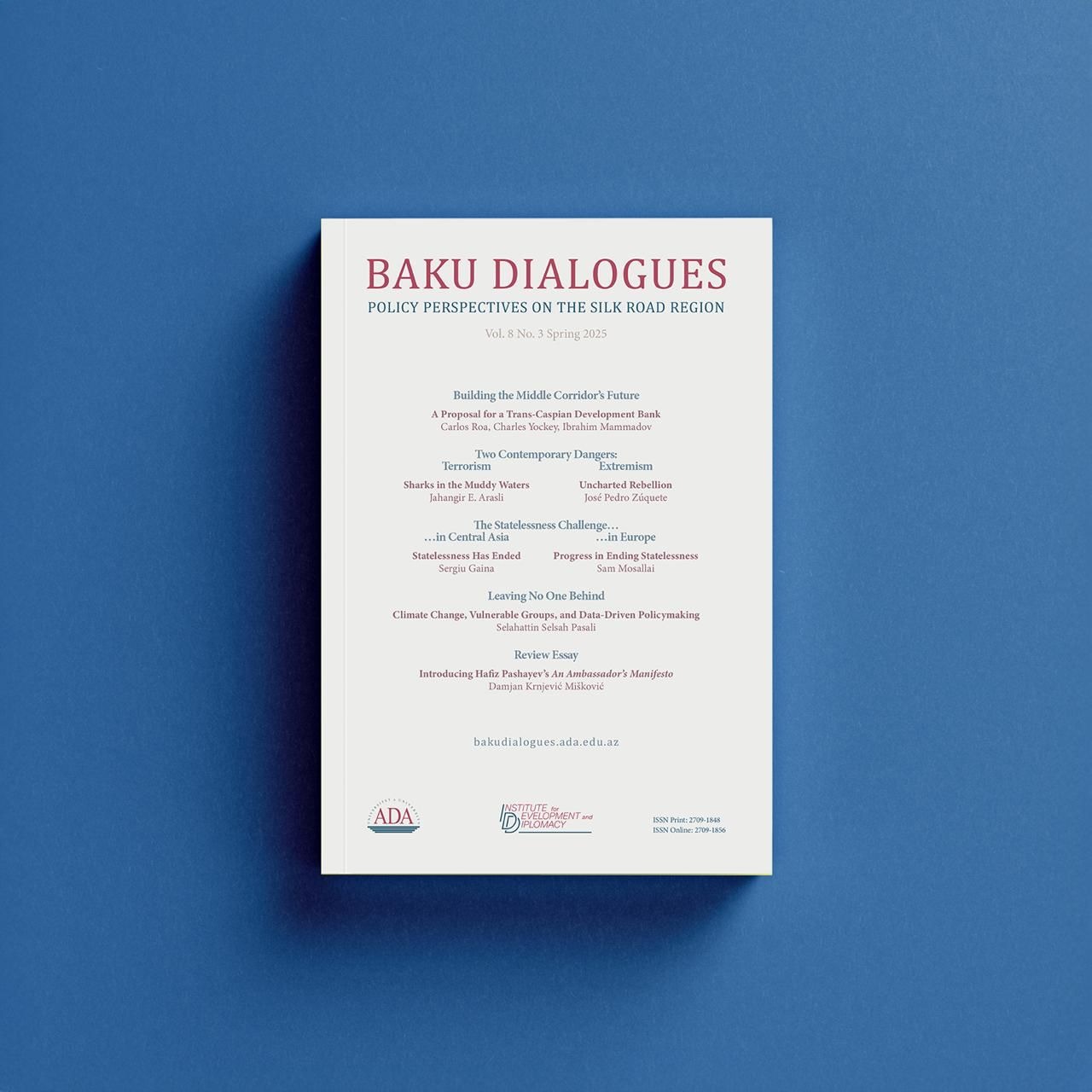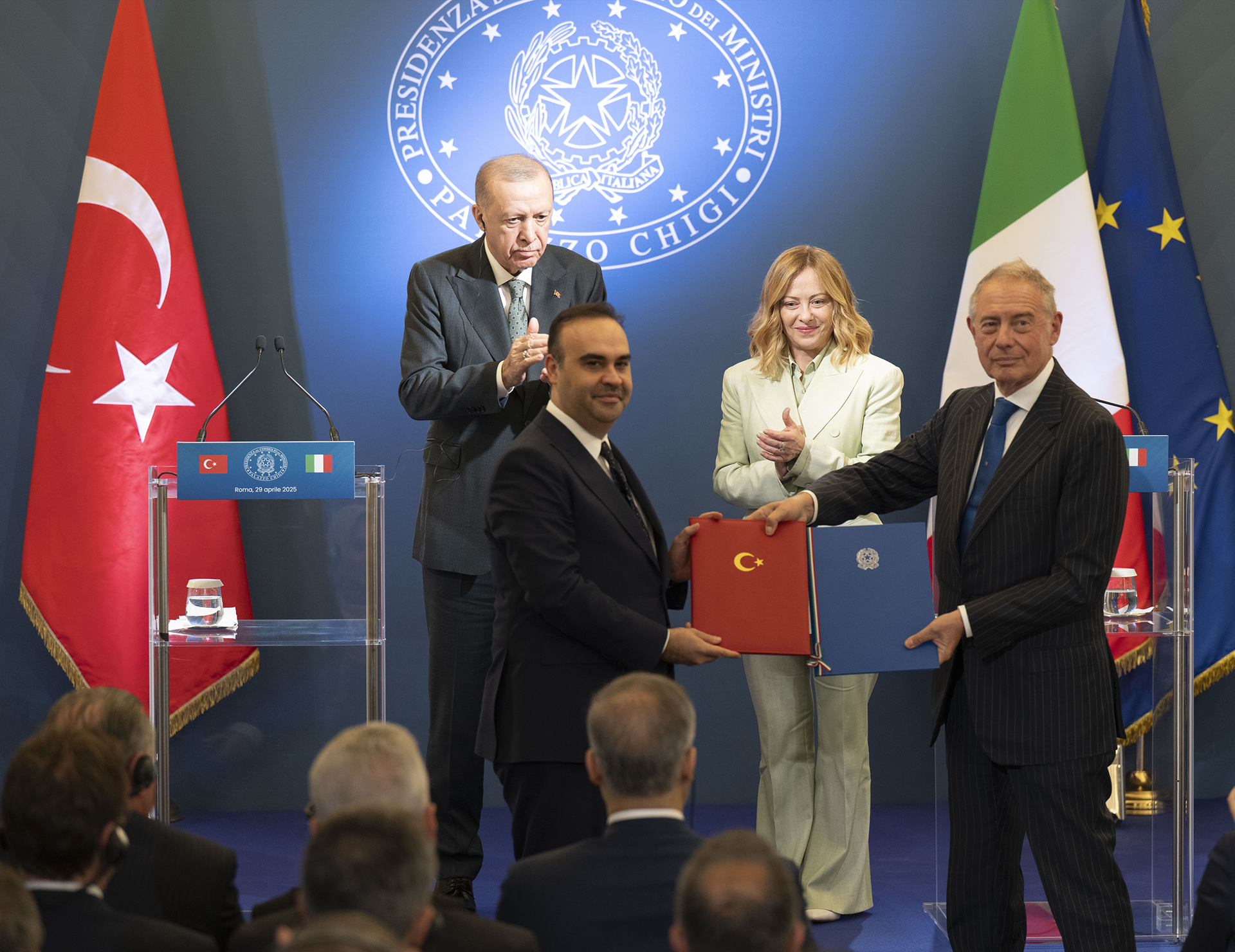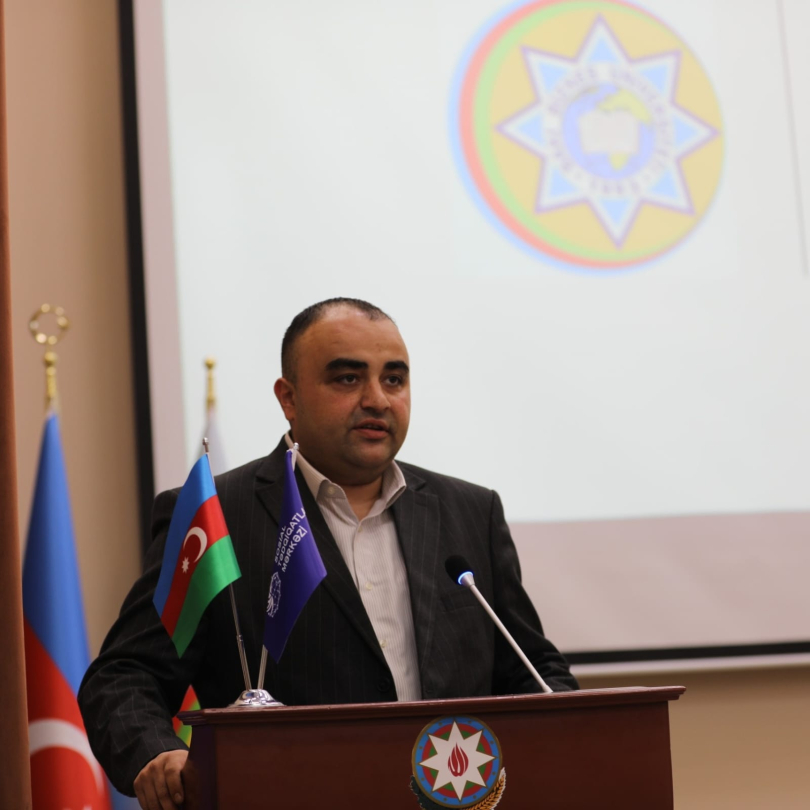After the Second Karabakh War concluded in 2020, diplomatic negotiations and the peace process in the South Caucasus resurfaced. Armenia’s “legal diplomacy” has emerged as a key component of its foreign policy strategy, aimed at reinforcing its position in the region and counterbalancing Azerbaijan’s new status. This new approach is grounded in the manipulation of legal documents and the distortion of international legal norms. Rather than advancing the peace process, Armenia’s moves complicate negotiations further.
After the Second Karabakh War concluded in 2020, diplomatic negotiations and the peace process in the South Caucasus resurfaced. Armenia’s “legal diplomacy” has emerged as a key component of its foreign policy strategy, aimed at reinforcing its position in the region and counterbalancing Azerbaijan’s new status. This new approach is grounded in the manipulation of legal documents and the distortion of international legal norms. Rather than advancing the peace process, Armenia’s actions have further complicated negotiations.
Armenia’s “legal diplomacy”: Objectives and claims
First and foremost, it should be noted that the primary goal of Armenia’s strategy, presented under the guise of “legal diplomacy,” is to weaken Azerbaijan’s position and safeguard Armenia’s interests. This strategy relies on legal distortions and political maneuvers. By employing this approach on the international stage, Armenia attempts to portray itself as an oppressed state. Through such actions, Armenia aims to improve its international image by presenting itself as “constructive,” to strengthen pressure mechanisms against Azerbaijan, and to garner support from Western political circles.
One of the key reasons for Armenia’s adoption of this “legal diplomacy” is to strengthen its position in peace talks. The Armenian government has repeatedly invoked international legal norms, particularly emphasizing the principle of the inviolability of borders, despite the fact that, for thirty years, it was Armenia that occupied Azerbaijan’s internationally recognized territory. However, after the defeat in the Second Karabakh War, the Armenian leadership now asserts that international law forms the foundation for signing a peace treaty with Azerbaijan. At the same time, however, Armenia’s domestic legislative documents still contain territorial claims against Azerbaijan. This inconsistency raises doubts about Armenia’s sincerity and is seen as a significant obstacle to the peace process. Such a situation prolongs negotiations, even as Armenia claims it wants to sign a peace treaty in the near future.
The Alma-Ata declaration and Armenia’s legal position
One of the cornerstones of Armenia’s legal diplomacy is its reference to the Alma-Ata Declaration. The government of Nikol Pashinyan claims that, according to the 1991 Alma-Ata Declaration, which established the Commonwealth of Independent States (CIS), both countries must recognize each other’s territorial integrity. On the surface, this may seem logical. However, the paradox lies in the fact that, in 1992, the Armenian parliament ratified the document with significant amendments (such as the inclusion of the former “Nagorno-Karabakh Republic” as an independent entity within the CIS). This is evidence that Armenia selectively applies international legal norms to suit its interests.
Armenia’s stance underscores that the negotiations are not merely legal but also carry significant political implications. The issue of recognizing territorial integrity and delineating borders has become a tool manipulated by Armenia, calling into question its true intentions regarding normalizing relations with Azerbaijan.
Armenia’s anti-Azerbaijan campaign and border issues
Another aspect of Armenia’s “legal diplomacy” strategy is the international campaign launched against Azerbaijan. In this campaign, Azerbaijan is accused of violating Armenian borders and disregarding international legal norms. However, it is essential to note that the border line between the two countries has not yet been officially demarcated. This situation is primarily caused by Armenia’s occupation of Azerbaijani territories for nearly 30 years, including the administrative borders established during the Soviet era between the two republics. Due to the lack of a clearly defined border, Azerbaijan logically and politically considers the current line a provisional border.
This is not merely a technical issue but one of the primary factors contributing to ongoing tensions between the two countries. Azerbaijan views the border line as a matter that needs to be negotiated and clarified. Armenia, however, uses this situation to politically manipulate the border issue to strengthen its position on the international stage. Despite this, it is noteworthy that, in recent months, there have been positive developments in the delimitation and demarcation of borders between the two countries. The border commissions of both nations have already succeeded in demarcating approximately 13 kilometers of the border.
Other elements of the international campaign against Azerbaijan include accusations that the country is not ready for peace and that ethnic cleansing of Armenians is taking place in Karabakh. Since the conclusion of the Second Karabakh War, Azerbaijan has been the primary initiator of the peace process between the two countries. Despite the immense physical, material, and moral damage inflicted on Azerbaijan over 30 years of occupation, Baku has extended its hand for peace to Armenia. Azerbaijan has actively participated in all negotiation processes held on international platforms and played a crucial role in shaping the negotiation agenda. The claims of ethnic cleansing made by the Armenian government, diaspora representatives, and certain circles supporting Armenia were rejected by the UN mission, which visited Karabakh in October 2023, following Azerbaijan’s military operation that dismantled the separatist regime in the region.
Conclusion: The impact of “legal diplomacy” on peace
Armenia’s new “legal diplomacy” strategy does not contribute to the peace process in the region but rather hinders it. The presentation of legal documents in a distorted form, inconsistent political positions, and pressure campaigns conducted on the international stage reveal Armenia’s true intentions – to safeguard on paper its legal claim on the Karabakh region of Azerbaijan. This approach does not serve the long-term stability of the South Caucasus but makes the peace process even more challenging.
Peace negotiations must be conducted not only based on legal but also political and moral obligations. Armenia’s “legal diplomacy” does not appear to be a genuine peace initiative, and with this strategy, moving forward is impossible.





